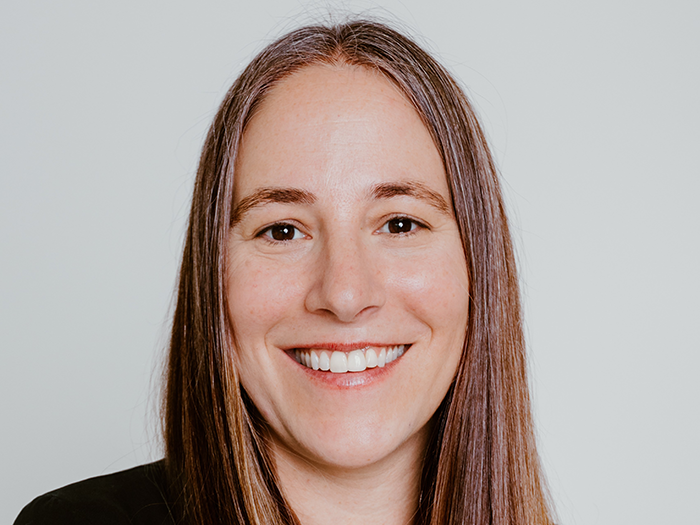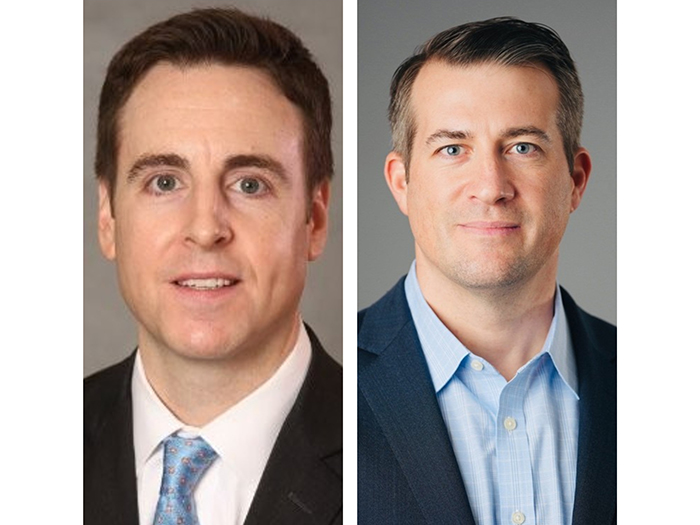The Existential Threat of Talent Risk in Workers’ Comp and Why It Can’t Be Ignored
I have been involved in workers’ compensation since 1978. Actually, more than just workers’ comp, as I’ve also been engaged in the liability, group health and non-occupational disability industries as well as being the national practice leader with Aon for nine years.
I also had the honor of helping develop and implement Rising Medical Solutions’ Benchmarking Study that surveyed our industry about both the present conditions and the future outlook. So not only am I a Baby Boomer who has seen a lot of history, but I am also entering my sixth decade of observing the evolution of the insurance industry.
From that experience I have come to this conclusion: We are confronting an existential threat to the long-term viability of our industry due to the huge and complex passing of the torch to subsequent generations.
Whether you call it the “Silver Tsunami” or a brain drain or simply retirement, the transition underway will make or break the next one hundred years (or less) of workers’ compensation. Simply put, the only way to be successful in this turmoil is to Create A Plan.
As with every big decision in our lives, personal or professional, there is always a do-nothing alternative. Typically, that alternative applies to only 5% of decisions because a vast majority of the time we choose to do something. But do-nothing is, in fact, a choice in 100% of our decisions.
This is not the first transitional period for our industry, but something about this particular transition is different. The current economy and workforce has significantly more options from which to choose. Claims, risk management and work comp competes with other industries perceived to be “cooler” than professionals focused on saving, holding and protecting money.
Statutes and regulations are not sexy … until they bring clarity on how to address COVID-19 presumptions (for one highly relevant current example). We have not effectively communicated to the job market that insurance delivers a safety net for society with a service that provides great value that can have a profound positive or negative effect on an individual’s life. Talk about purpose!
As with every big decision in our lives, personal or professional, there is always a do-nothing alternative. Typically, that alternative applies to only five percent of decisions because a vast majority of the time we choose to do something. But do-nothing is, in fact, a choice in 100 percent of our decisions.
One issue making this transition even more difficult is the antagonism between the different “sides” that can poison the process of not just managing claims but can also impact recruitment and retention of talent.
I worked with a large employer with a very adversarial relationship with their union that used workers’ compensation risk management techniques as a threat to deal with a collectively bargained workforce. The litigation rate and total cost of risk (TCOR) are part of their labor relations. They have high defense costs, litigation rates and a higher than normal TCOR in a highly dissatisfactory environment for all stakeholders.
In contrast, I worked with another employer that had a very altruistic and paternalistic relationship with their workforce, going out of their way to show how much they care for them. Their defense costs, litigation rates, expenses and TCOR are low due to their non-adversarial approach.
If you are part of the younger generation looking for a career or even just a job, which employer would you want to work for/with? Antagonism does not fit in with new generations and how they interact. A do-nothing approach here would be to ignore the toxic culture.
Another challenge is our technological and operational evolution. The upcoming generation that does their banking, buys houses and cars, and conducts their health care on a smartphone expects that kind of technology at their job. In fact, the use of automation and self-service tools and artificial intelligence could be “table stakes” for career interest.
While we have made limited progress — in many ways accelerated by COVID-19 — I do not think our industry’s current technology sufficiently lives up to that standard. It takes many years, millions of dollars and the automation of billions of decision and data points to divest those actions to machines. Balancing that with the continued need of human touch is complex. Creating administrative efficiency and learning how to do more with less while providing the best service for the best price is an expectation of every business.
The good news is that how we do things now is dramatically different and better than what I encountered back in the day. However, we still have far to go and leaders, staff and processes that are in denial are a problem. A do-nothing approach here would be to overlook the critical need to fundamentally transform how we do business.
The expectations of upcoming generations does not always align with how we do business. As we embark upon this transition, our ability to evolve is now more than just altruism — it is a practical matter. It is an existential threat. Doing nothing in the face of that kind of threat leads to obsolescence. I care about this topic so deeply that I am joining a panel to address this threat.
In our panel, you will hear from other industry experts – that happen to be part of the rising generation – about the need for a dramatic-not-incremental philosophical change. You will hear from us that doing nothing is no longer an option.
We are recommending to everyone, from Fortune 500 to mom-and-pop businesses, to Create A Plan for how your organization will address these issues (and many more) to survive this threat and be given the opportunity to provide services for generations to come.
Right now, we are not ready. The hope is our discussion will lead you to not do nothing, but to act decisively on what you need to do differently. &
 Would you like to hear more about how to Create A Plan? The panel discussion “Passing the Torch Without a Stumble: The Coming Decade of Transition from Old to Young” at the National Workers’ Compensation and Disability Conference, including live Q&A, will be held on October 21st from 3:30-4:30PM EST. The panel, comprised of Baby Boomers and Millennials alike, will speak to the challenges we face with generational transitions and how we can create a successful roadmap for recruitment, mentorship, advancement, and retention of talent along with retention of clients.
Would you like to hear more about how to Create A Plan? The panel discussion “Passing the Torch Without a Stumble: The Coming Decade of Transition from Old to Young” at the National Workers’ Compensation and Disability Conference, including live Q&A, will be held on October 21st from 3:30-4:30PM EST. The panel, comprised of Baby Boomers and Millennials alike, will speak to the challenges we face with generational transitions and how we can create a successful roadmap for recruitment, mentorship, advancement, and retention of talent along with retention of clients.
This session will be led by Mark Pew – Senior VP, Product Development & Marketing, Preferred Medical. Panelists include:
- Barry Bloom – Managing Principal at The bdb Group
- Marques Torbert – CEO of Ametros
- Claire Muselman – Director of Workers’ Compensation, Continental Western Group
- Drew Cortese – Senior Manager, United Airlines
You can register for the session here.










